- There wouldn't be a very large incumbent advantage for KMT legislators;
- Tsai's increase in vote share over 2012 would be uniform across districts;
- The electorate voting for president would look essentially the same as that voting for the legislature.
I spent much of the last post defending assumption 1. Here I want to relax assumption 2, that Tsai's vote share is going to increase uniformly across all districts. That's certainly not going to be true in a technical sense, but to what degree will it be violated? The conventional wisdom about Taiwan's electoral geography is that the the north is more solidly blue than other parts of Taiwan, so the KMT's vote share will decline less in Taipei than in, say, Tainan or Pingtung. But how much less is hard to predict.
Let me put the punch line up front: I don't think Tsai's increase in vote share is going to vary much by locality. Evidence follows after the jump.
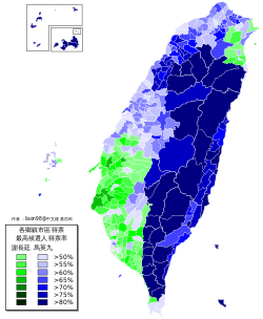
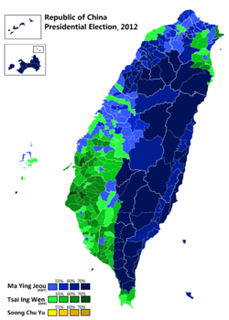
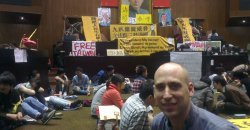
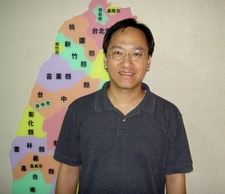
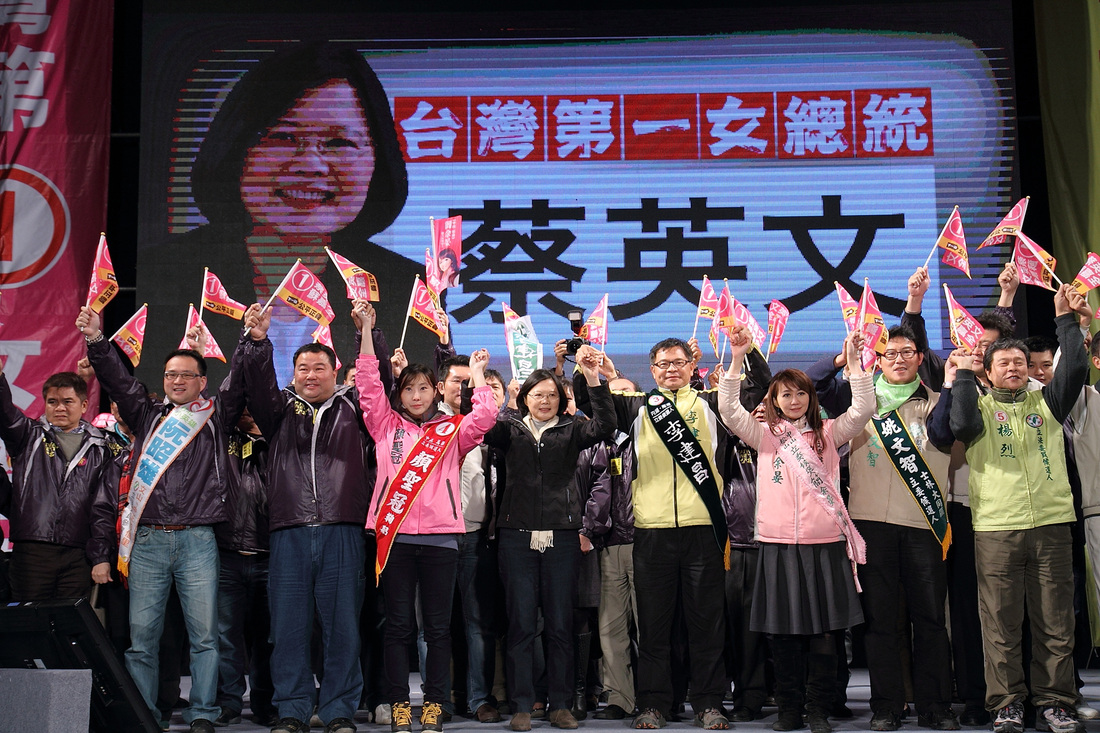
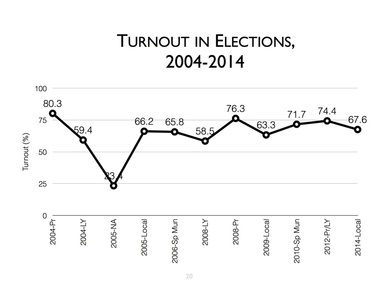
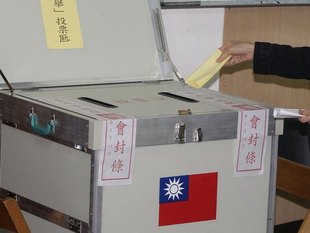
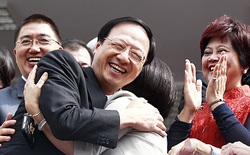
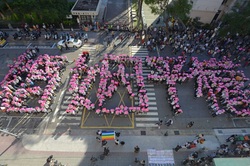
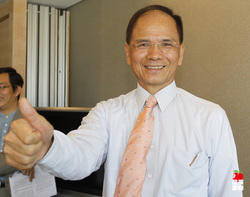
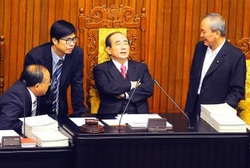
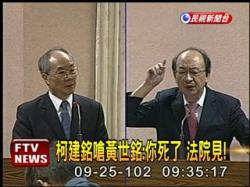
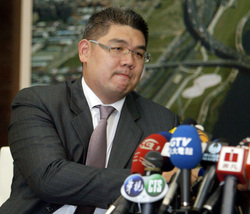
 RSS Feed
RSS Feed
